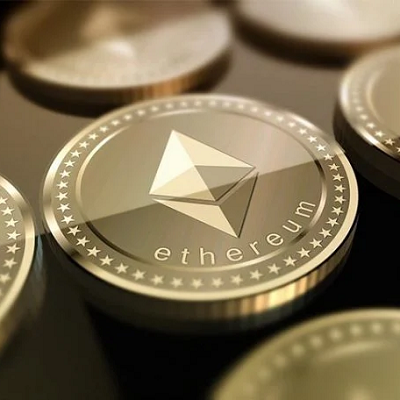
What is Ethereum?
To comprehend what Ethereum really is, it is essential to comprehend Internet first.
Internet history, passwords, bank details and our personal information are stored online, available for anyone who is good enough at hacking into personal computers.
For companies like Google and Facebook, these pieces of information are a gold mine because they can understand their audience better by tailoring ads and gaining profit from it. On the other hand, national governments and criminals can take personal information from the people, selling or exposing them for their own personal gain.
Even though the Internet is undoubtedly a great invention and has helped with many things that could not have been imagined a while ago (online libraries, electronic signatures and instant video calls from different countries), its users are committing to give up their data in order to use the Internet perks, which then Internet stores without any shame. Here is where Ethereum comes to the rescue.
Decentralised Internet
The idea behind starting up Ethereum was to follow the movement that wants to have decentralised Internet. Ethereum wants to replace third parties on the Internet that stores all data ever provided, promising its audience the outmost anonymity, without keeping any financial details or similar.
Essentially, Ethereum creators wanted it to be a world computer that would be completely decentralised, and according to some, democratised.
The focus was put on the user, not the third-party app that was suggested to the users via Google Pay Store or Google itself. Every time people would want to save or delete something on the Internet, apps would save it deep in the server and remodel the nodes. Ethereum’s agenda was completely on the opposite – but some were still sceptical about the scheme.
What is Ethereum today?
Presently, Ethereum offers a digital platform for financial transactions and regular online services that promise not to store any user data. It is also the second most popular cryptocurrency platform (the first one being Bitcoin), with its own currency Ether (ETH).
Just like Bitcoin, Ethereum operates on a blockchain software so the data is being secured with hard-working miners. The Ethereum website promises a value-based economy, not surveillance-based.
Only by having access to the Internet, anyone can be a part of the Ethereum to make financial actions and decisions. Also, Ethereum supports peer-to-peer network, where transactions are being made immediately with some other person. No other third-party companies are required to finalise the payments.
Ethereum maintains autonomy by having volunteers around the world that run the platform. Due to that, it can never go offline and does not keep any personal information about its users.
Even though Bitcoin and Ethereum are constantly being compared to each other, they are two different things with a similar idea.
To read more, please click on the link below…
Source: What is Ethereum?


